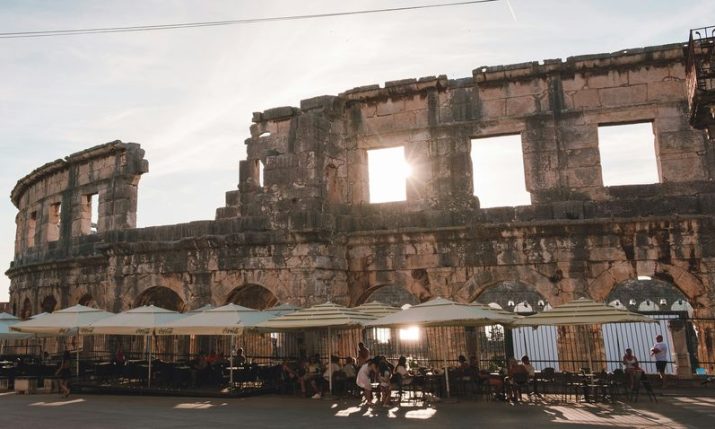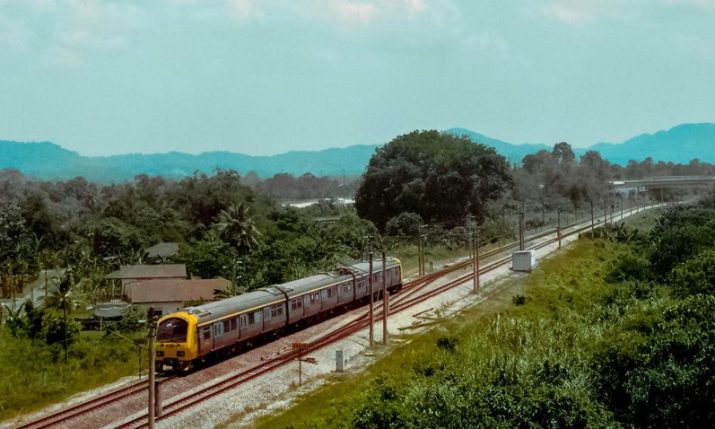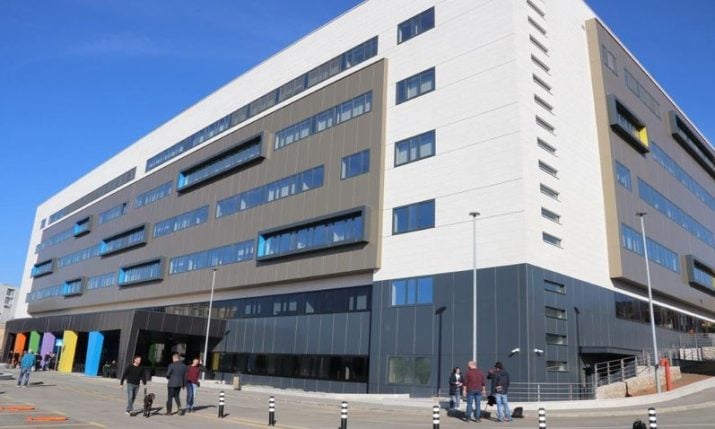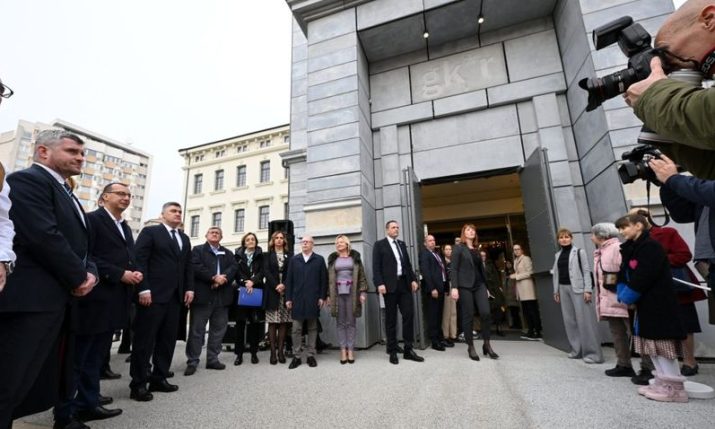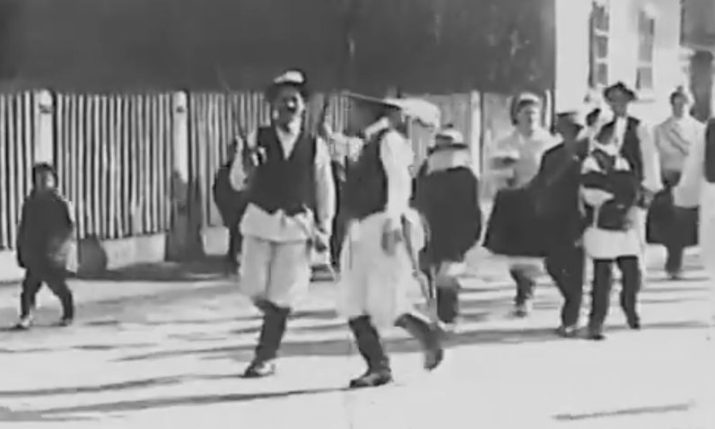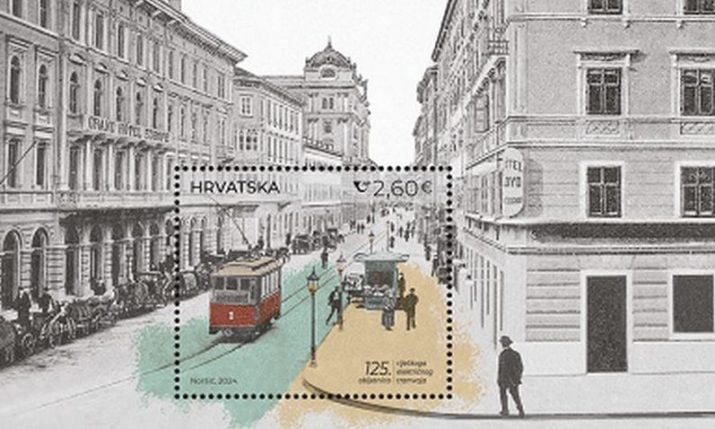Rijeka assumes European Capital of Culture title
- by croatiaweek
- in News
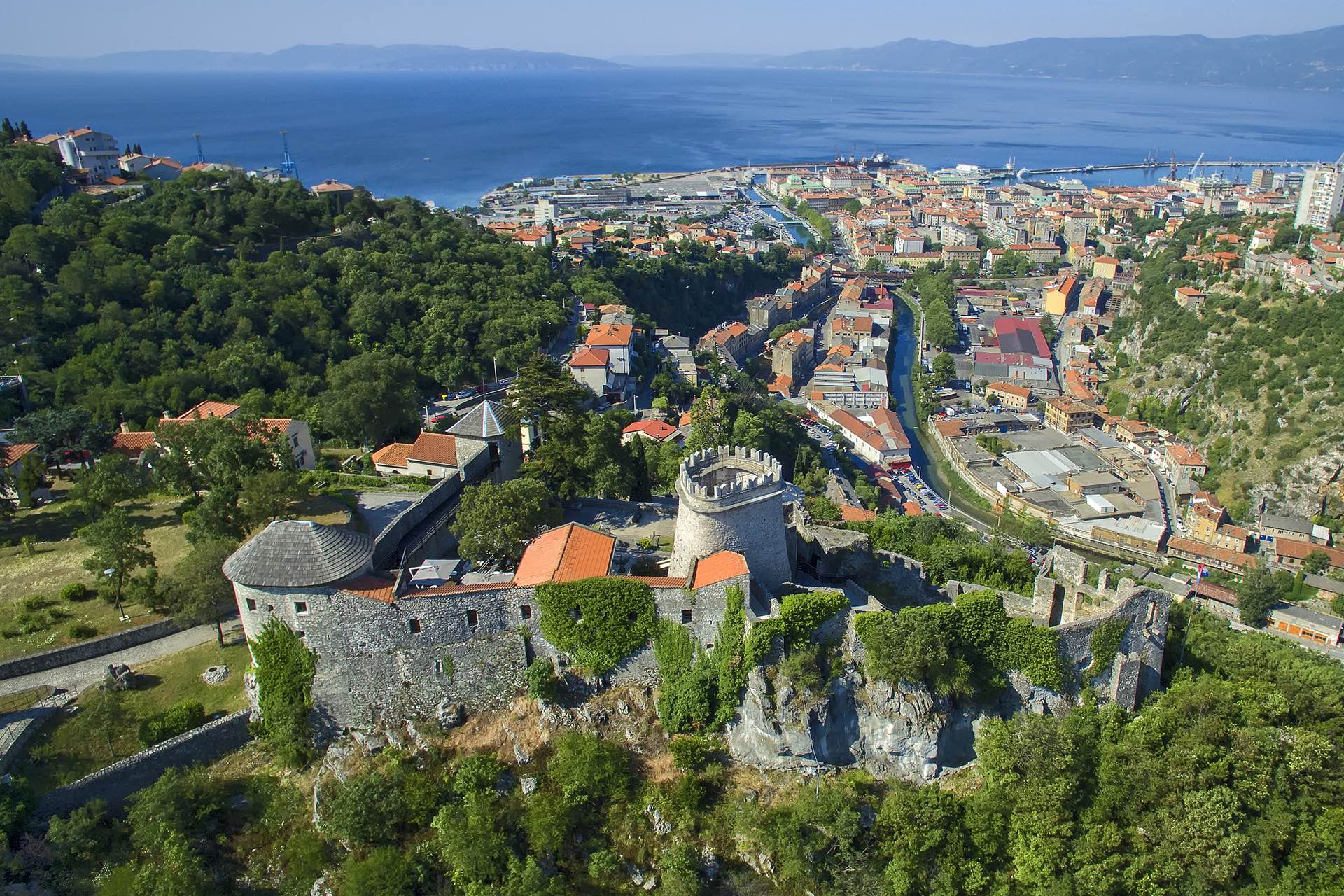
Rijeka (Photo credit: Ivo Biocina/CNTB)
ZAGREB, Jan 4 (Hina) – As of January 1, Rijeka, Croatia and Galway, Ireland hold the prestigious European Capital of Culture title.
“Thanks to their title of European Capital of Culture, Rijeka and Galway will be harnessing the full potential of culture to enrich our life experience and to bring our communities closer together”, Vice-President for Promoting our European Way of Life Margaritis Schinas has said.
“Promoting culture as a core element of our way of life has many positive impacts on society, in terms of social inclusion, integration and economic growth. It enables people to gain new experiences, skills and opportunities to participate in society and to make our societies fairer and more inclusive,” he added.
“A successful Capital of Culture is inclusive and meaningful to its citizens. It is also open to the world, illustrating our Union’s willingness to promote culture as a driver for peace and mutual understanding worldwide whilst bringing long-lasting socio-economic benefits to its region,” nnovation, Research, Culture, Education and Youth Commissioner Mariya Gabriel has said.
Rijeka is the first Croatian city to be awarded the European Capital of Culture title.
The “Port of Diversity” cultural programme presents Rijeka and its specificities while at the same time focusing on current European cultural-social issues.
Three themes have been chosen as symbols of the merging of Rijeka’s identity and contemporary Europe: water, work and migrations. They are reflected in exhibitions, shows, operas, conferences, concerts, festivals, guest-appearances by international and Croatian artists, projects by local organisations, interior design, sculpture, book launches, and encounters between the people of Rijeka, the region, Croatia and Europe.
This year Rijeka will host nearly 300 cultural programmes with more than 600 events. Over 300 partner organisations from 55 countries from around the world are involved in the organisation of the programmes.

